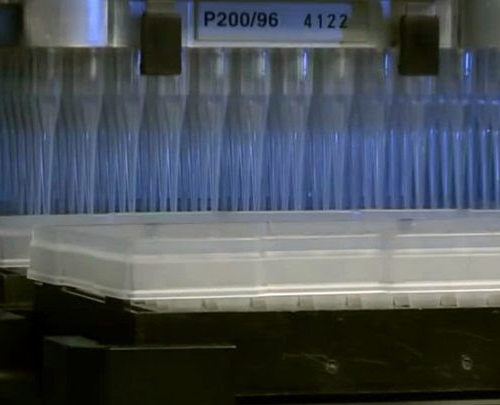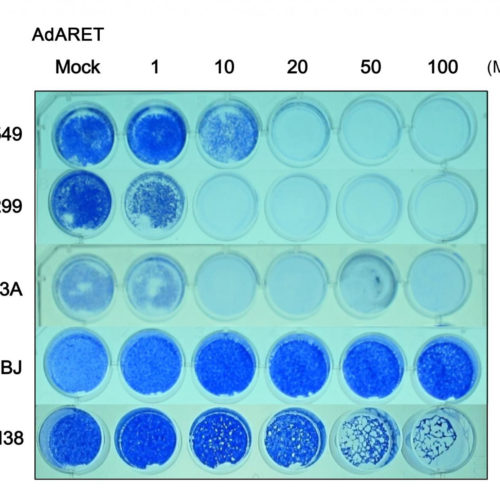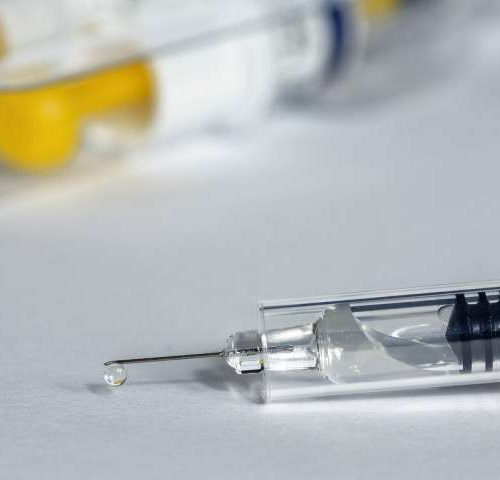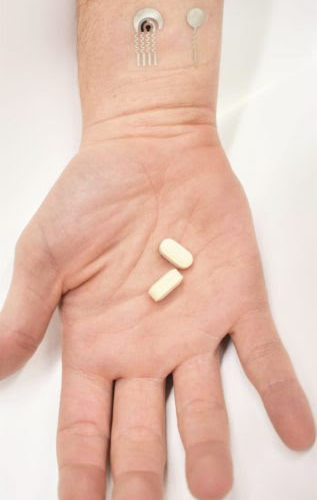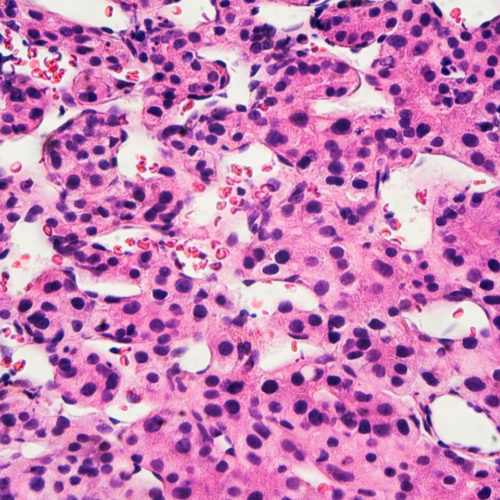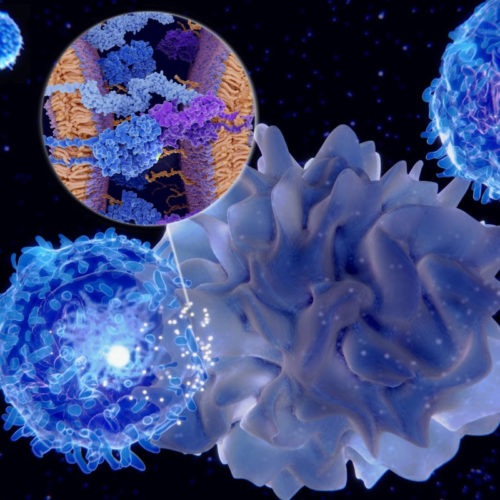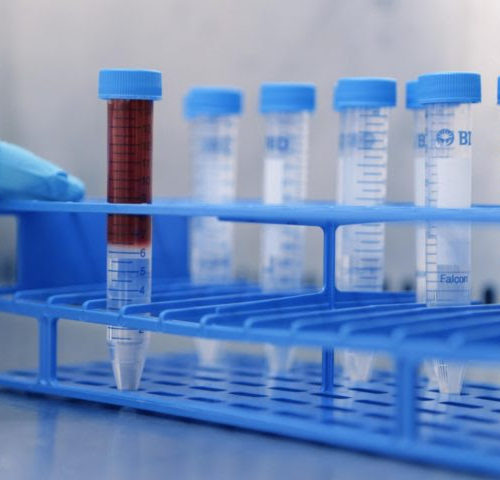by Georgetown University Medical Center A Georgetown University Medical Center clinical trial investigating the cancer drug nilotinib in people with Alzheimer’s disease finds that it is safe and well-tolerated, and researchers say the drug should be tested in a larger study to further determine its safety and efficacy as a potential disease-modifying strategy. The results...
Tag: <span>diseases</span>
Research into new treatments for rare genetic diseases
The University Carlos III Madrid (UC3M), Almirall, S.A. (ALM) and the MEDINA Foundation have launched a project to find new treatments for recessive dystrophic epidermolysis bullosa and other genetic diseases caused by nonsense mutations. The project is partially-funded by the Spanish Ministry of Science and Innovation’s Center for Industrial and Technological Development (CDTI). The TRIDs4DEB’s...
Exploiting viruses to attack cancer cells
An adenovirus is now better able to target and kill cancer cells due to the addition of an RNA stabilizing element. Hokkaido University scientists have made an adenovirus that specifically replicates inside and kills cancer cells by employing special RNA-stabilizing elements. The details of the research were published in the journal Cancers. Much research in...
Why developing a COVID-19 vaccine is only part of the struggle
by Eric Stirgus Dr. Lilly Immergluck last week gave what she called “the vaccine lecture” to a group of Morehouse School of Medicine students. Immergluck, a pediatrician, infectious disease specialist and an assistant professor at the Atlanta school since 2005, talks each year to all students there about how vaccines have helped control the spread...
New wearable sensor tracks Vitamin C levels in sweat
A team at the University of California San Diego has developed a wearable, non invasive Vitamin C sensor that could provide a new, highly personalized option for users to track their daily nutritional intake and dietary adherence. The study was published in the journal ACS Sensors. “Wearable sensors have traditionally been focused on their use...
Not all multiple sclerosis-like diseases are alike
An antibody appears to make a big difference between multiple sclerosis and other disorders affecting the protective myelin sheath around nerve fibres, report Tohoku University scientists and colleagues in the journal Brain. The finding suggests that some of these ‘inflammatory demyelinating diseases’ belong to a different category than multiple sclerosis, and should be treated according...
Liver cancer: Awareness of hepatitis D must be raised
Of all the hepatitis viruses, D is the most poorly known. This small virus, which can only infect people already infected with Hepatitis B, has so far been little studied. Hepatitis D is one of the most dangerous forms of chronic viral hepatitis because of its possible progression to irreversible liver diseases (cancer and cirrhosis, in particular)....
Immunotherapy breakthrough recruits more immune cells to fight cancer
The immune system is one of the most powerful tools we have in the fight against cancer, but sometimes it needs a little extra help. In a new study from the Peter MacCallum Cancer Centre, researchers have developed a new way to summon a wider variety of immune cells to target tumors. One of the...
Researchers discover new method of detecting endometrial cancer
In the largest study of its kind, researchers have confirmed a new non-invasive test can be used to help with the early detection of endometrial cancer and at-risk patients. Published in the journal, Cancers, the study signals the next step forward in providing an inexpensive tool for diagnosing patients with endometrial cancer and its common...
High blood pressure during and after exercise may be markers for disease later in life
Higher blood pressure during exercise and delayed blood pressure recovery after exercise are associated with a higher risk of hypertension, preclinical and clinical cardiovascular disease and death among middle-aged to older adults. Blood pressure responses to exercise are significant markers of cardiovascular disease and mortality risk in young to middle-aged adults. However, few studies have...


